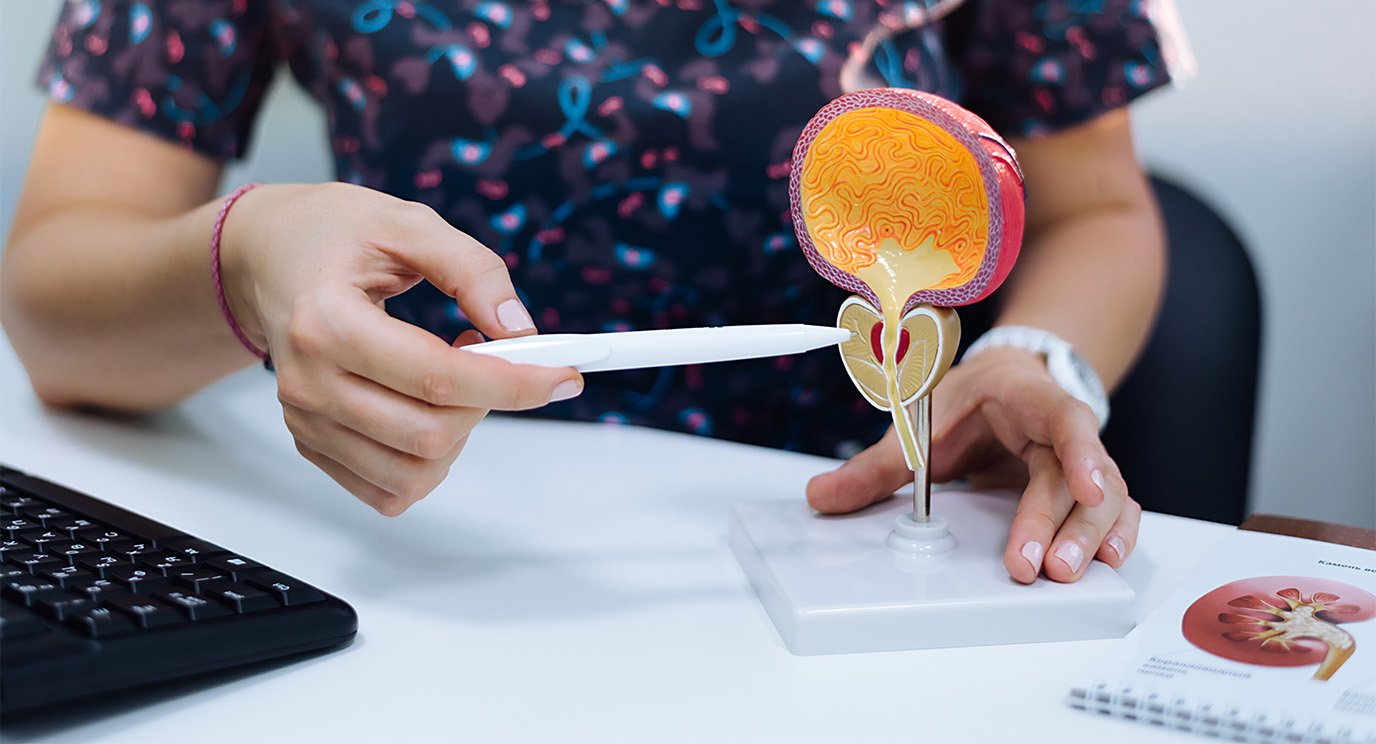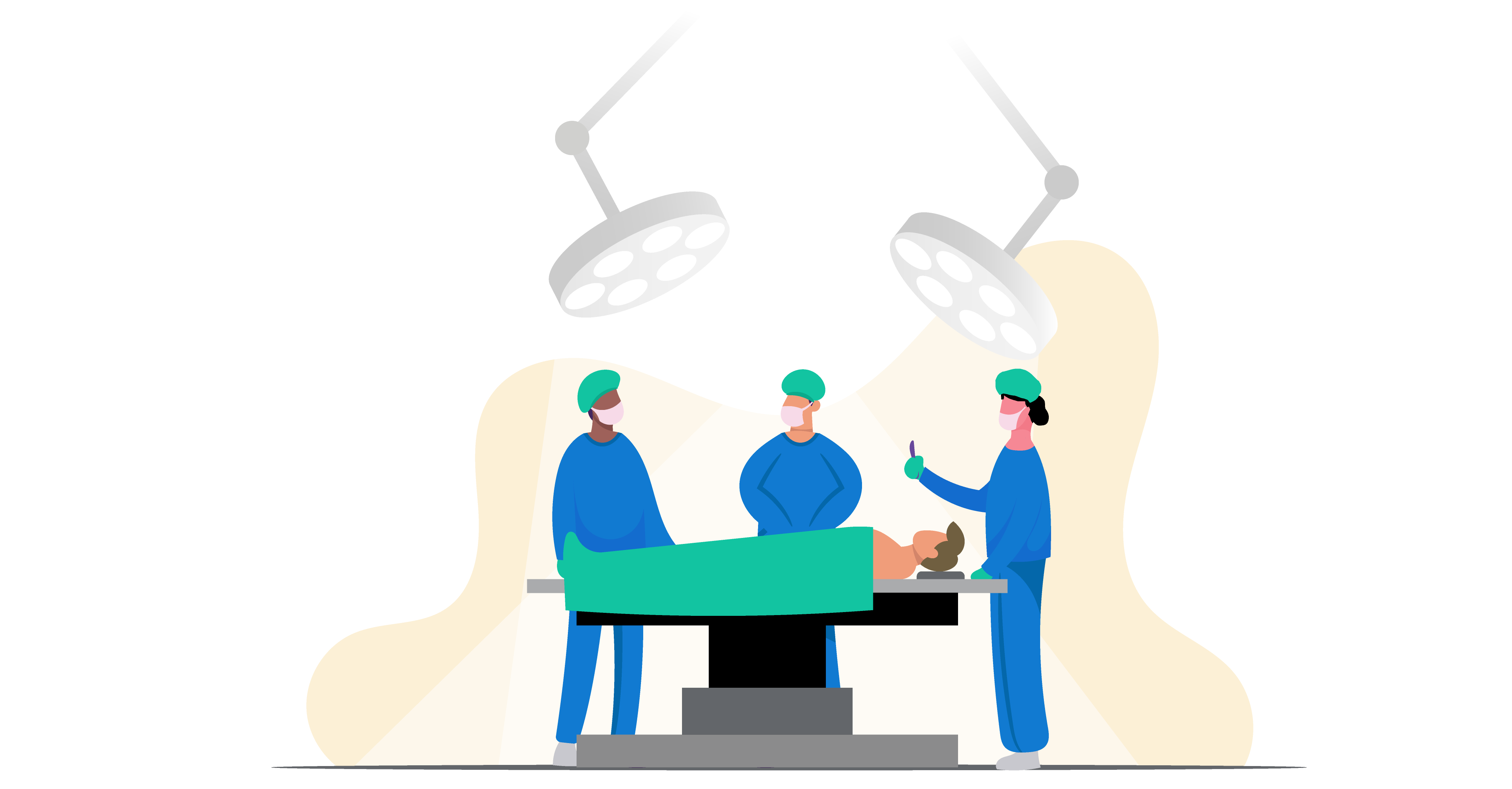- Diseases
- Acoustic Neuroma (14)
- Adrenal Gland Tumor (24)
- Anal Cancer (68)
- Anemia (2)
- Appendix Cancer (16)
- Bile Duct Cancer (26)
- Bladder Cancer (72)
- Brain Metastases (28)
- Brain Tumor (232)
- Breast Cancer (714)
- Breast Implant-Associated Anaplastic Large Cell Lymphoma (2)
- Cancer of Unknown Primary (4)
- Carcinoid Tumor (8)
- Cervical Cancer (160)
- Colon Cancer (166)
- Colorectal Cancer (118)
- Endocrine Tumor (4)
- Esophageal Cancer (44)
- Eye Cancer (36)
- Fallopian Tube Cancer (8)
- Germ Cell Tumor (4)
- Gestational Trophoblastic Disease (2)
- Head and Neck Cancer (14)
- Kidney Cancer (128)
- Leukemia (342)
- Liver Cancer (50)
- Lung Cancer (286)
- Lymphoma (278)
- Mesothelioma (14)
- Metastasis (30)
- Multiple Myeloma (100)
- Myelodysplastic Syndrome (60)
- Myeloproliferative Neoplasm (6)
- Neuroendocrine Tumors (16)
- Oral Cancer (100)
- Ovarian Cancer (172)
- Pancreatic Cancer (160)
- Parathyroid Disease (2)
- Penile Cancer (14)
- Pituitary Tumor (6)
- Prostate Cancer (146)
- Rectal Cancer (58)
- Renal Medullary Carcinoma (6)
- Salivary Gland Cancer (14)
- Sarcoma (238)
- Skin Cancer (296)
- Skull Base Tumors (56)
- Spinal Tumor (12)
- Stomach Cancer (64)
- Testicular Cancer (28)
- Throat Cancer (92)
- Thymoma (6)
- Thyroid Cancer (98)
- Tonsil Cancer (30)
- Uterine Cancer (82)
- Vaginal Cancer (18)
- Vulvar Cancer (20)
- Cancer Topic
- Adolescent and Young Adult Cancer Issues (20)
- Advance Care Planning (10)
- Biostatistics (2)
- Blood Donation (18)
- Bone Health (8)
- COVID-19 (362)
- Cancer Recurrence (120)
- Childhood Cancer Issues (120)
- Clinical Trials (632)
- Complementary Integrative Medicine (22)
- Cytogenetics (2)
- DNA Methylation (4)
- Diagnosis (232)
- Epigenetics (6)
- Fertility (62)
- Follow-up Guidelines (2)
- Health Disparities (14)
- Hereditary Cancer Syndromes (126)
- Immunology (18)
- Li-Fraumeni Syndrome (8)
- Mental Health (116)
- Molecular Diagnostics (8)
- Pain Management (62)
- Palliative Care (8)
- Pathology (10)
- Physical Therapy (18)
- Pregnancy (18)
- Prevention (920)
- Research (392)
- Second Opinion (74)
- Sexuality (16)
- Side Effects (606)
- Sleep Disorders (10)
- Stem Cell Transplantation Cellular Therapy (216)
- Support (402)
- Survivorship (322)
- Symptoms (182)
- Treatment (1786)
Cancer treatment side effect: Malnutrition
3 minute read | Published April 21, 2017
Medically Reviewed | Last reviewed by an MD Anderson Cancer Center medical professional on April 21, 2017
Getting enough calories and protein helps patients stay strong and fight cancer as well as other infections.
But studies show that up to 85% of cancer patients suffer from malnutrition at some point during their cancer treatment. This common cancer treatment side effect occurs when the body doesn’t get or can’t absorb the nutrients it needs. And it’s more common in patients with pancreatic cancer, lung cancer and upper gastrointestinal tract cancer.
Malnutrition can be hard to treat, so it’s important to catch it early. The good news is that there are things cancer patients can do to address malnutrition during treatment. We talked with Erma Levy, a dietitian at MD Anderson, about what patients should know about malnutrition.
Here’s what she had to say.
Why do some cancer patients suffer from weight loss or malnutrition?
In most cases, weight loss and malnutrition result from appetite loss, which is a common side effect of cancer treatment. Your doctor or dietitian may refer to this as anorexia. Even though it’s not how most people typically think of anorexia, the term simply refers to a loss of appetite. Cancer patients may experience a loss of appetite for any number of reasons. Cancer and cancer treatment can affect how food tastes and smells, so that can impact a person’s desire to eat.
Some patients may also suffer from nausea. In some cases, the cancer itself may make it painful for patients to eat or swallow food. Other patients may be able to eat, but their cancer may prevent them from properly digesting their food or absorbing the nutrients.
What malnutrition symptoms should patients watch for?
Malnutrition signs and symptoms include:
- Losing more than 1 to 2 pounds a week
- Cachexia, a condition marked by loss of appetite, weight loss, muscle loss and general weakness
- A body mass index, or BMI, below 18.5
- A decrease in activity or energy
What types of foods should a patient with malnutrition eat?
Patients should eat whatever they can. Try to focus on foods that are not only high in calories but also high in nutrients. Nut butters, avocadoes and dried fruits are all good options. High-calories smoothies or protein drinks are another good way to get your nutrients during cancer treatment.
Some patients may find it easier to eat several small meals throughout the day, instead of three larger meals.
In some cases, your doctor may recommend that a feeding tube to get the nutrients you need.
What resources are available for patients suffering from malnutrition?
Studies show that an interdisciplinary approach to treating malnutrition has the best results for patients. Consulting with a psychologist and a fatigue specialist can also help patients cope with malnutrition.
So, if you or a patient you care for is suffering from malnutrition, talk to your doctor about seeking help from a dietitian. If you’re an MD Anderson patient, contact your clinic about visiting with any of these specialists or schedule an appointment through myMDAnderson.
Request an appointment at MD Anderson online or by calling 1-855-761-6391.

It’s important to catch malnutrition early because it can be difficult to treat.
Erma Levy
Dietitian





